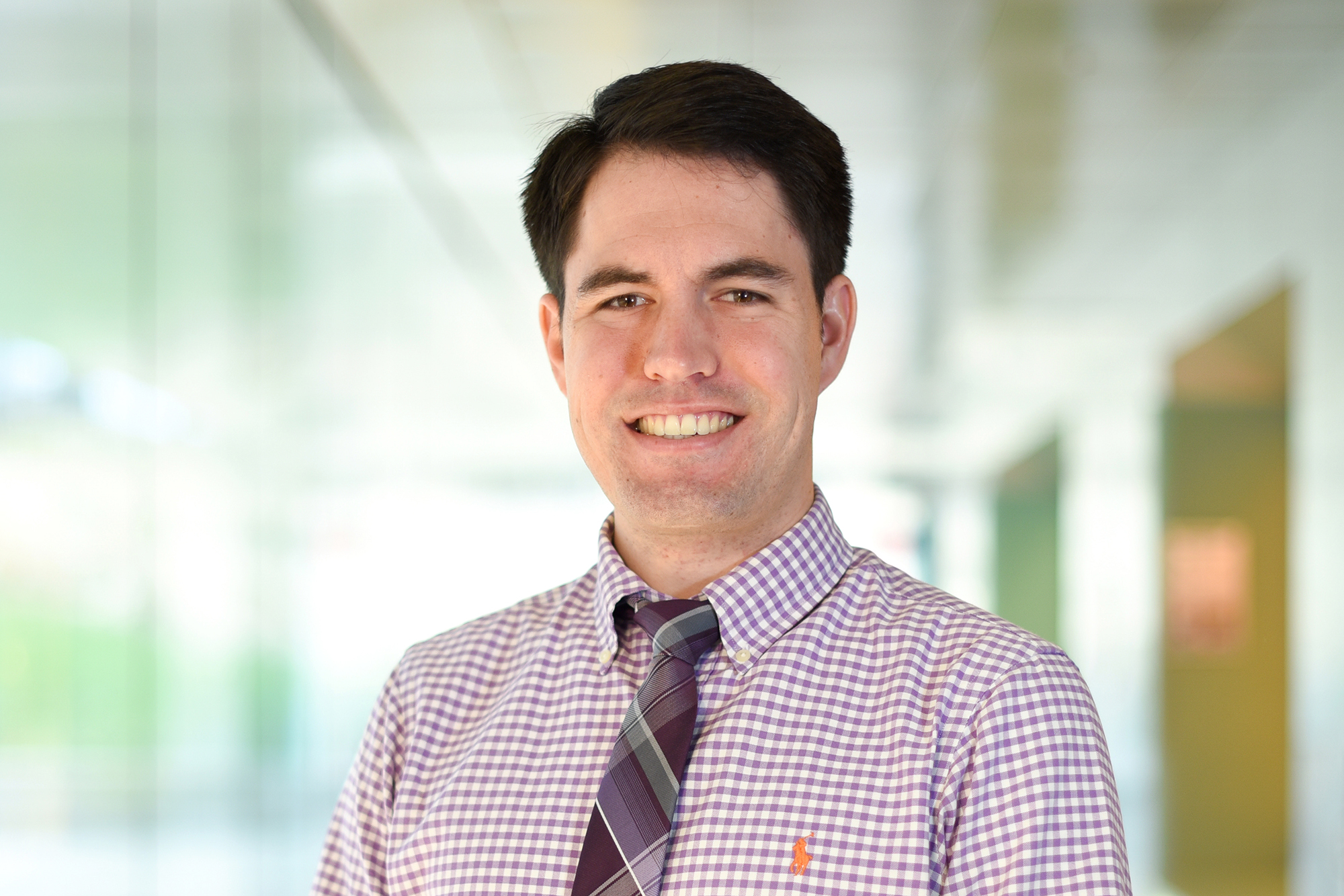Kaleo Roberts receives AISES scholarship for research on monitoring corn fields using remote sensing

PhD student Kaleo Roberts was awarded a scholarship from the American Indian Science and Engineering Society (AISES) to support his research on improving remote sensing for corn field monitoring.
“The goal behind this research is to use radar to monitor corn fields for important quantities like soil moisture and growth stage, because they can help growers make better decisions with regard to crop management that may lead to larger crop yields,” Roberts said.
Corn is one of the world’s most common crops. It’s a major source of food for both people and livestock, and it is widely used as biofuel, as well as raw material in industry. Remote sensing could help improve the monitoring and management of corn fields, but the nature of corn fields often creates challenges for remote sensing radars.
“The radar response from a corn field has historically been difficult to predict,” Roberts said. “Corn has a large size at microwave frequencies, and because it’s planted in rows, it has an ordered canopy structure that makes the signal dependent on the angle that the field is viewed from.”
Roberts works to overcome some of these limitations by using a commercial electromagnetic solver (HFSS) and MATLAB to predict radar backscatter from a corn field. His research is built on the work of ECE alum Dr. Jasmeet Judge (Electrical Engineering MS 1994; Electrical Engineering & Atmospheric, Oceanic, and Space Science PhD 1999), who was advised by Tony England, Dean Emeritus of the College of Engineering and Computer Science at U-M Dearborn and Professor Emeritus of Electrical Engineering and Computer Science. Judge and her lab at the University of Florida measured the geometry of corn plants over several stages of growth to generate high-fidelity 3D models. Roberts uses these models in HFSS to estimate the amount of radar echo from a corn field.
This is the second scholarship Roberts has received from AISES, an organization that supports scientists and engineers who are descendant from or identify as American Indians, Alaska Natives, Native Hawaiians, Pacific Islanders, and Indigenous peoples of Canada. The first scholarship supported his work to improve the remote sensing of soil moisture in forests or other highly vegetated terrains, which is important for environmental conservation, natural resource management, and agriculture. Roberts’ grandfather, a Native Hawaiian, was also an electrical engineer.
Roberts is advised by Kamal Sarabandi, the Rufus S. Teesdale Professor of Engineering and Director of the Radiation Laboratory. He earned his bachelor’s and master’s degrees from Brigham Young University.
 MENU
MENU